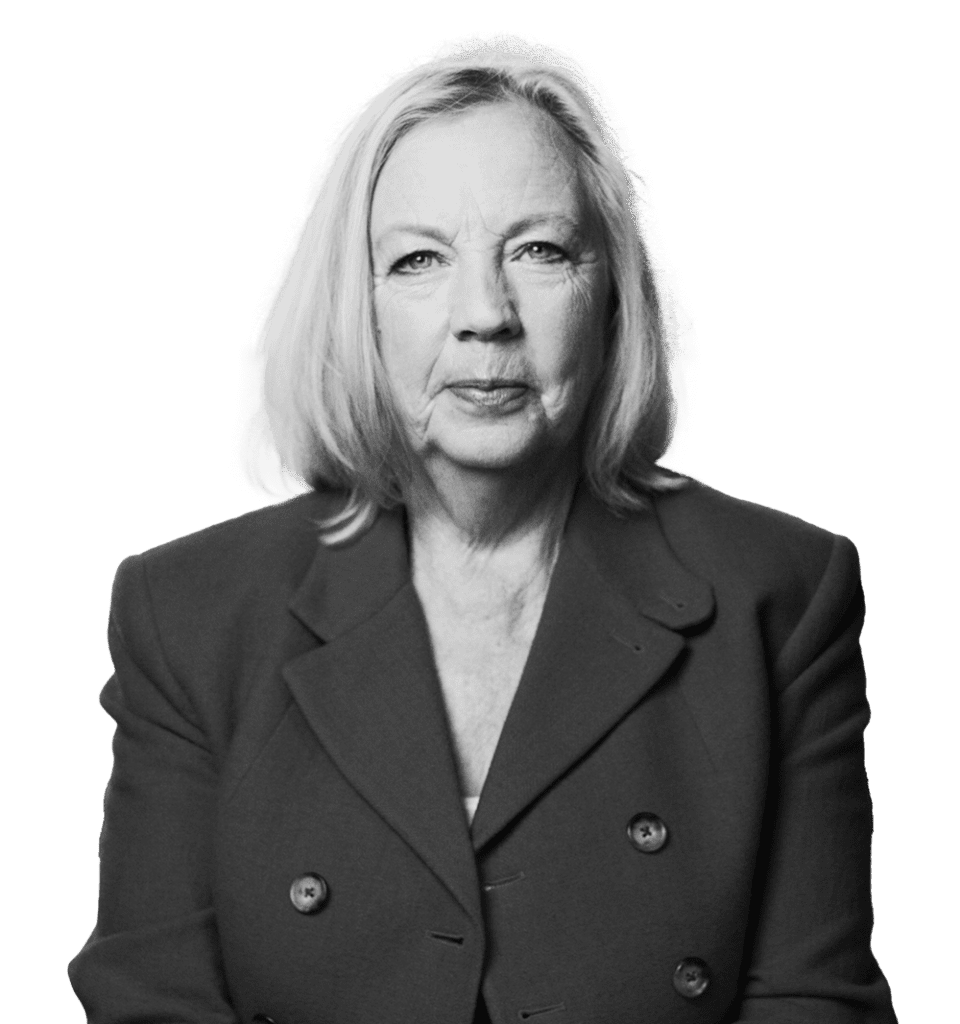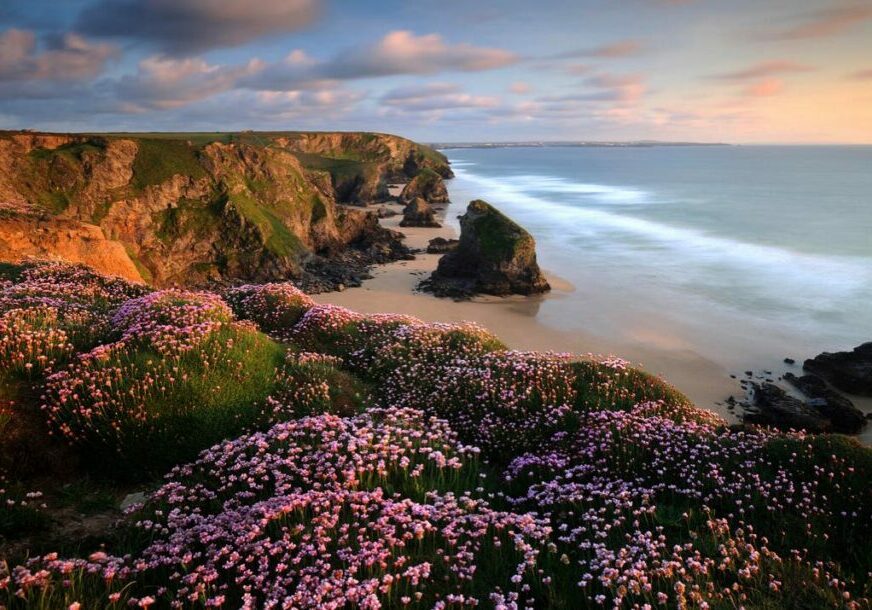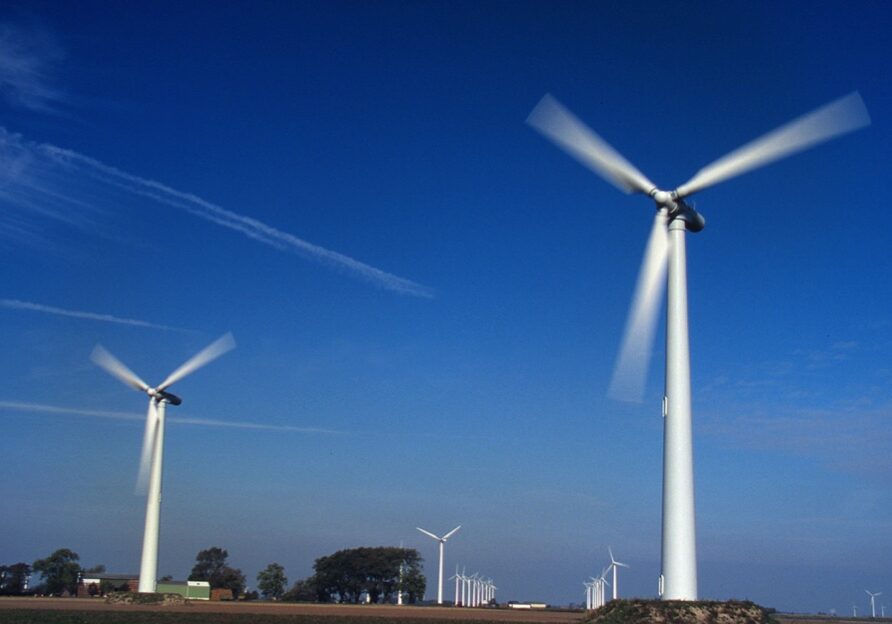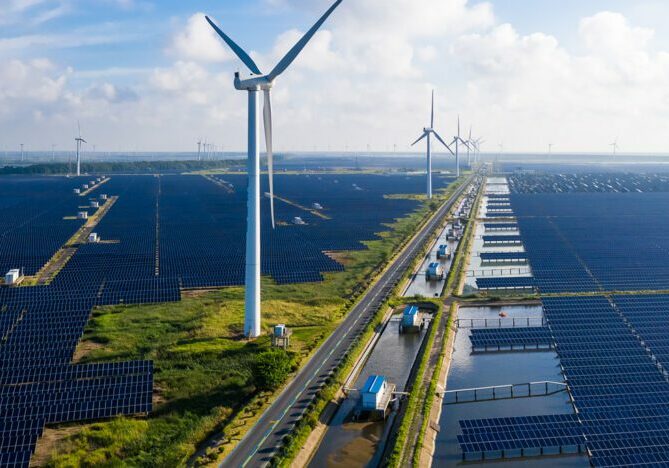
© JACOB PARISH / SILVERBACK FILMS / WWF-UK / RSPB / NATIONAL TRUST
Do you feel there’s a disconnect between the business world and the natural world?
I think it’s been disconnected for quite a long time because nature has been seen as something that gets in the way of a lot of the things that businesses want to do.
I think businesses quickly got to grips with net zero because they like to say, ‘that’s my target, this is how I could do it.’ But I still feel they don’t really understand the part that biodiversity can play.
Wild Isles has really pumped this up – I cannot tell you the difference in the conversations I’ve had in the last few weeks, because suddenly they’re having to pay attention because their customers are talking about it.
They used to think, ‘but what do we do?’ And it’s easy in some cases – you can say to a construction company, ‘stop ripping out trees, stop bulldozing through swathes of the countryside’. But don’t say just what you can’t do. How do we live in this new environment in a constructive way?
How have we got to this situation in the UK where nature is under threat?
We’ve got really good at wiping species out and claiming a landscape as ours without any thought of what that was ultimately going to do to humans. And even if you don’t care about species of wildlife, you should care about the fact that we can’t survive without them.
But here’s the hopeful thing, and this is personal: we bought a farm. We were in the middle of a load of sterile farmland, and we stopped spraying, took all the fences down that were interrupting the hare runs, and we just let nature do its thing. We had to help it a little bit, but 15 years later, my goodness, the difference – if you would just give nature some space and stop batting it on the head every time it tries to regenerate itself.
Has business played a part in this decline in nature?
Absolutely. There was a time, hundreds of years ago, when people in business were more connected to nature because they understood the direct link – the sun or the rain on their crops. And then the Victorians came in and thought they could dominate the whole landscape.
I don’t like it when a business only talks about profit in terms of cash, because as far as I’m concerned, a profit is the outcome of a business.
The joy of running businesses is you can do with them what you want. And they need to be able to say, ‘yes, we need to make money, otherwise we’re not a business, but we want to have an impact on society, we want to help local communities, we want to make sure that nature isn’t hurt.’ Business has to get itself to a place where it values nature and people.
Watch The Business Of Nature
Deborah appears alongside other industry leaders in one of the four Save Our Wild Isles films aimed at businesses. In The Business Of Nature she discusses how companies in the UK can play a part in protecting and restoring nature.
Where do businesses need to focus in order to improve their relationship with nature?
At the moment they’re doing quite a lot in terms of net zero. But in this desire to drive towards net zero, business hasn’t looked at the wider path, which is you can’t get net zero without biodiversity. And businesses need to get on board really quickly.
We use renewables, we don’t use fossil fuels, we put LED lighting in – that’s all the stuff that’s very tangible and is very easy for business to say, ‘this is what I do’.
Biodiversity is harder, but in the same way we’ve committed to those net zero targets, we need to commit to biodiversity net gain targets. I know the construction industry now say they have to have 10% net gain, but those have got to be intelligent targets. They can’t just say, ‘we’ll cut down 50 trees over there, we’ll plant 100 over there’.
How much power do consumers have in calling for change?
Ultimately, all the power lies with the consumer. I don’t think the consumer always understands that. But once they’ve decided something needs to change, then it has to change. And any businesses that don’t get on board, they’re in a lot of trouble.
Do you think businesses can change how they work with nature?
I think the important part that business plays is that it can move fast. The government isn’t showing the leadership that it needs to – it’s not moving fast enough, it isn’t flexible enough. With a business, decisions can be made: ‘This is how we’re going to behave from now on’. But businesses will be taking a different view of what’s important – they all have different priorities.
What we know about nature is that it can spring up again in pockets, but its best chance is when you have a joined-up natural structure, when you’ve got joined-up habitats and a joined-up plan.
It would be an awful lot better if government could provide a framework. It just needs to say, ‘this is the baseline of what you need to do, and you need to do the right thing in your situation.’
I think business has to have a level of flexibility driven by a consumer that says, ‘Don’t lie to me, tell me what damage you’re doing’, and a government that’s offered a basic framework. That’s how we need to be.
The wild is calling. It’s time to act.
To hear the interview in full subscribe to our podcast. Just search for Call of the Wild wherever you listen to podcasts, or visit our Call of the Wild site
More to explore

Take action today to Save Our Wild Isles
As Sir David Attenborough’s new UK-focused natural history series is aired, we’re calling on everyone to take urgent action to Save Our Wild Isles

